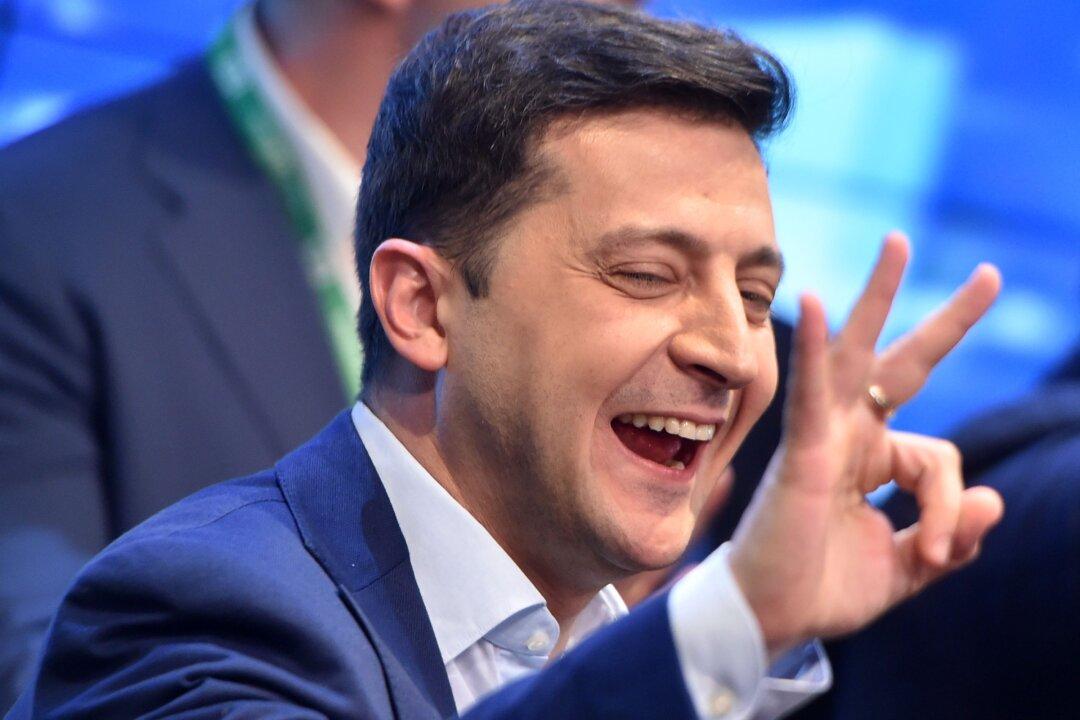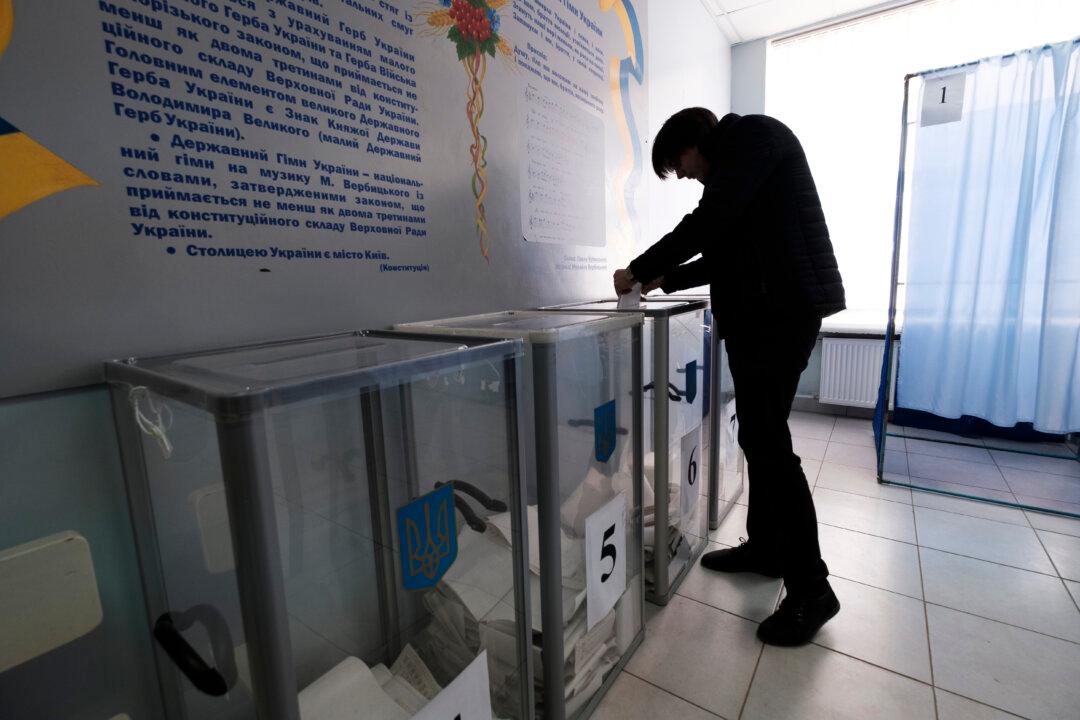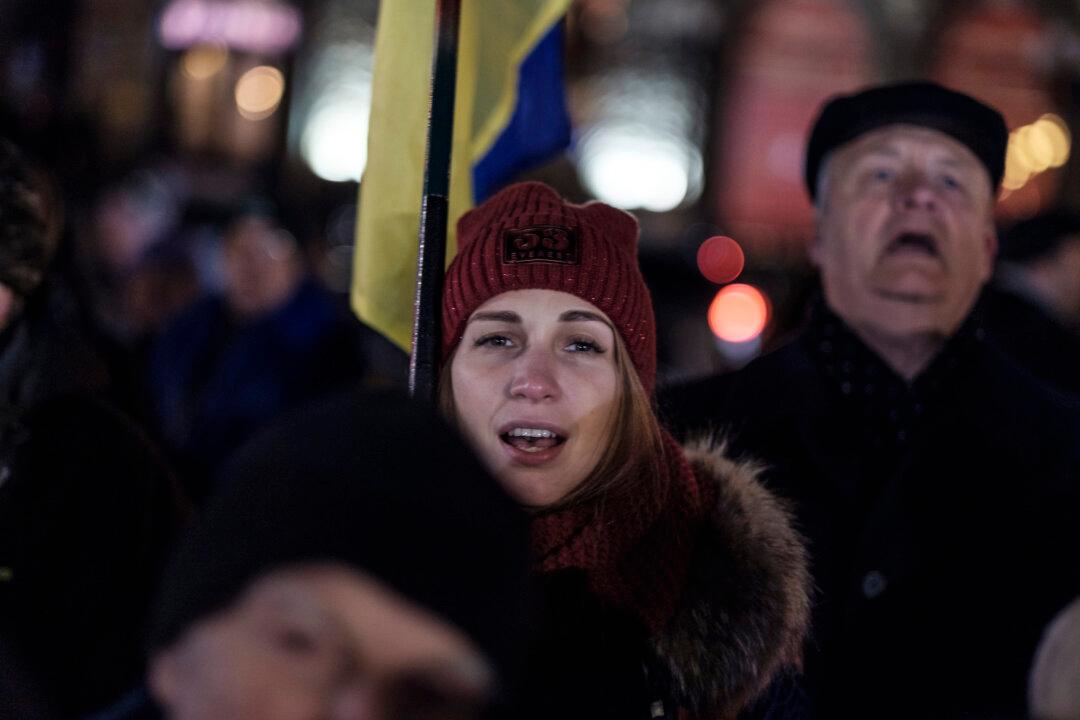KIEV, Ukraine—On television, Volodymyr Zelensky plays a school teacher who is catapulted from obscurity to the Ukrainian presidency after his tirade against government corruption goes viral online.
In a case of life imitating art, the comedian who stars as the fictional head of state has upended Ukraine’s political establishment by ousting the country’s president in a landslide victory.


